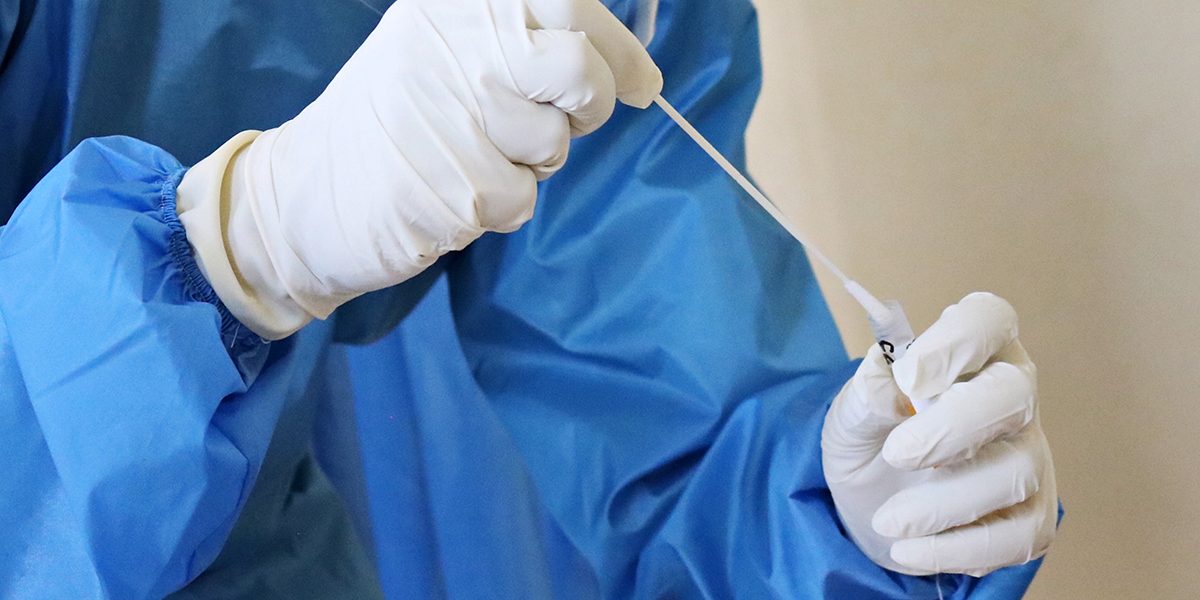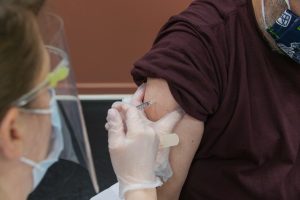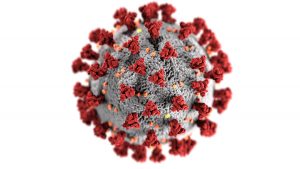As many of you are aware, on Thursday, September 9, 2021, the Biden administration announced the Path out of the Pandemic plan which includes the following six strategies:
- Vaccinating the Unvaccinated
- Further Protecting the Vaccinated
- Keeping Schools Safely Open
- Increasing Testing & Requiring Masking
- Protecting our Economic Recovery
- Improving Care for those with COVID-19
All Industries (including Healthcare) Under Department of Labor
Under the vaccination strategy, the administration is calling on the department of Labor’s OSHA to develop a rule that will require all employers with 100 or more employees to ensure their workforce is fully vaccinated or require unvaccinated workers to be tested weekly. The administration is also requesting that OSHA require these same employers to provide paid time off for workers to get vaccinated and recover from any post vaccination issues. While this announcement is not a mandate, we do expect Federal OSHA will strive to come out with a new Emergency Temporary Standard (ETS) no sooner than October 2021, with at least a 15-day grace period. If you are in a State Plan State (i.e., South Carolina, North Carolina, Virginia, Kentucky, Tennessee, etc.) then SC OSHA will have 15-30 days to determine if they will adopt the Federal ETS or adopt an equivalent.
Items that will be important to follow once the language of ETS is finalized:
- Will I need to collect proof of vaccination or just view proof?
- How are the employees counted – does it include part-time, temporary, seasonal, and contract staff?
- What type of testing is required or allowed – self-administered, PCR, LFT, antibody?
- Who pays for the tests and under what circumstances?
It is possible this new ETS may face legal challenges, but we encourage all employers to begin preparing for these changes.
Healthcare Specific Industry Under CMS
The administration has also worked with The Centers for Medicare & Medicaid Services (CMS) and the Centers for Disease Control and Prevention (CDC) to implement emergency regulations requiring COVID-19 vaccinations for workers in most healthcare settings that receive Medicare or Medicaid reimbursement. This essentially expands the current regulation for requiring vaccinations for nursing home workers. CMS is developing an Interim Final Rule with a Comment Period that will be issued in October.
For the healthcare industry, it will be possible to fall under both the OSHA and CMS requirements. If so, you must evaluate and meet the more stringent of the two.
As we learn more, we will provide additional details.








